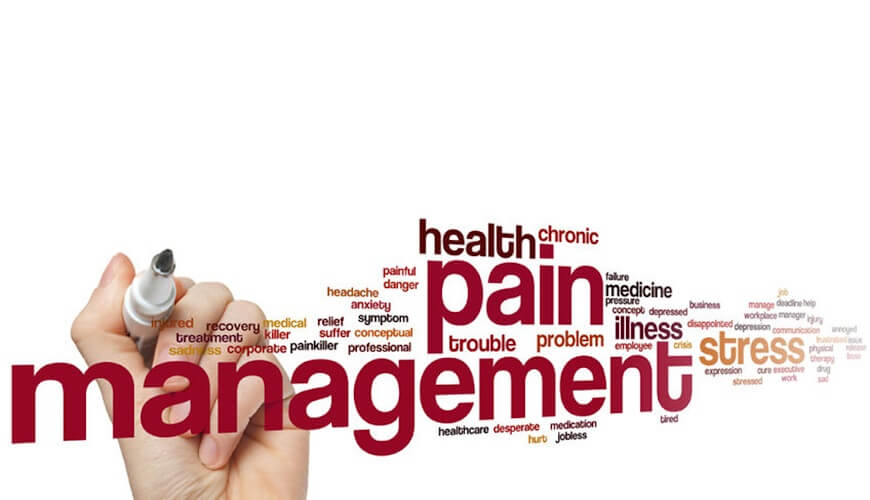
Image Source- Google
Pain management is a critical aspect of healthcare, and staying updated on the latest trends, treatments, and guidelines is essential for healthcare professionals. Continuing Medical Education (CME) courses offer a valuable opportunity for doctors, nurses, and other medical professionals to enhance their knowledge and skills in pain management. You may navigate this website to find the perfect pain management course for your needs.
However, not all CME courses are created equal, and finding the most effective ones can be a challenge. In this article, we will explore the secrets of effective pain management CME courses and how they can benefit healthcare professionals.
The Importance of Pain Management CME Courses
Pain is a complex and multifaceted phenomenon that affects millions of people worldwide. Effective pain management not only improves the quality of life for patients but also reduces healthcare costs and minimizes the risk of opioid misuse and addiction. Healthcare professionals need to stay informed about the latest developments in pain management to provide the best possible care to their patients.
Benefits of Pain Management CME Courses
- Stay updated on the latest trends and treatments in pain management
- Enhance clinical skills and knowledge
- Improve patient outcomes and satisfaction
- Reduce the risk of opioid misuse and addiction
- Meet continuing education requirements for licensure and certification
Characteristics of Effective Pain Management CME Courses
Effective pain management CME courses share several common characteristics that set them apart from less impactful programs. When evaluating CME courses, healthcare professionals should look for the following key features:
Interactive and Engaging Content
- Use of case studies, simulations, and interactive activities to enhance learning
- Engaging presentations by experts in the field of pain management
- Opportunities for peer-to-peer interaction and discussion
Relevance to Clinical Practice
- Focus on practical, evidence-based strategies for pain management
- Integration of the latest research and guidelines into the course content
- Emphasis on real-world scenarios and challenges faced by healthcare professionals
Accessibility and Flexibility
- Availability of online courses for convenience and flexibility
- Option to complete courses at your own pace and schedule
- Compatibility with mobile devices for learning on-the-go
Choosing the Right Pain Management CME Courses
With the proliferation of online CME providers, healthcare professionals have a wide range of options when it comes to pain management courses. To ensure that you are investing your time and resources in a high-quality program, consider the following factors:
Accreditation and Approval
- Choose CME courses that are accredited by recognized organizations such as the Accreditation Council for Continuing Medical Education (ACCME)
- Verify that the course meets the requirements for licensure and certification renewal in your state or specialty
Course Content and Instructors
- Review the course curriculum to ensure that it covers relevant topics in pain management
- Check the credentials and expertise of the instructors leading the course
- Look for courses that offer a mix of didactic lectures, case studies, and interactive sessions
Reviews and Recommendations
- Read reviews and testimonials from past participants to gauge the quality of the course
- Ask colleagues or mentors for recommendations on reputable CME providers
- Look for courses with a track record of positive feedback and high participant satisfaction
Maximizing the Impact of Pain Management CME Courses
Attending a pain management CME course is just the first step in the learning process. To truly benefit from the experience and enhance your clinical practice, consider the following strategies:
Implementing New Strategies
- Apply the knowledge and skills gained from the course to your daily practice
- Experiment with new pain management techniques and treatments in a controlled setting
- Seek feedback from colleagues and mentors on your implementation efforts
Networking and Collaboration
- Connect with other healthcare professionals who have taken the same course to exchange ideas and best practices
- Join online forums or discussion groups related to pain management to continue the learning process
- Collaborate with colleagues on research projects or quality improvement initiatives inspired by the course content
Continuous Learning and Improvement
- Stay informed about new developments and research in the field of pain management through journals, conferences, and online resources
- Participate in regular CME activities to maintain and expand your knowledge base
- Reflect on your learning experiences and identify areas for further growth and development
